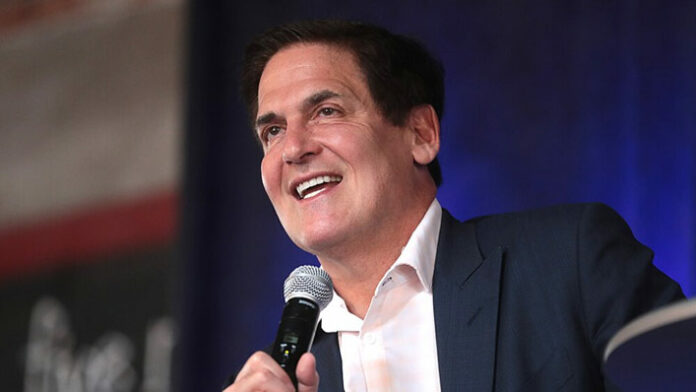In a world where celebrity lifestyles dominate social media and tabloid headlines, the financial aspects, especially celebrity tax payments, often spark curiosity and scrutiny. While most people grapple with their own taxes, the enormous figures associated with celebrity tax payments can be staggering. Explore how various celebrities handle their significant financial responsibilities through the taxes they pay, shedding light on the implications of immense wealth.
Why Taxes Are a Hot Topic for Celebrities
Taxes are a significant aspect of financial life for everyone, including celebrities. Their hefty tax payments often attract public attention due to the sheer size of the figures involved and the luxurious lifestyles these celebrities lead. Furthermore, how much celebrities pay in taxes can sometimes reflect on their public image, illustrating a sense of duty to their country or, conversely, sparking controversy over tax avoidance schemes.
Transparency and Public Records
It’s important to note that the exact figures regarding individual celebrity tax payments are private. However, estimates can sometimes be made from public earnings disclosures, financial leaks, or the celebrities’ own declarations. These figures should be seen as estimates and not exact amounts.
Celebrities and Their Estimated Tax Contributions
Here’s a look at some celebrities from various fields and the estimated amounts they pay in taxes, based on their public earnings and financial reports.
Media and Tech Moguls
- Oprah Winfrey
- Estimated Annual Earnings: $300 million
- Estimated Taxes Paid: Approximately $111 million, assuming a top federal tax bracket of 37% plus state taxes.
- Jeff Bezos
- Estimated Annual Earnings: Assumed $1 billion primarily from capital gains.
- Estimated Taxes Paid: Around $238 million, factoring in a 20% federal long-term capital gains rate plus a 3.8% Net Investment Income Tax and potential state taxes.
Musicians and Athletes
- Taylor Swift
- Estimated Annual Earnings: $150 million
- Estimated Taxes Paid: Approximately $55.5 million, with a top federal tax bracket of 37% plus state taxes.
- Cristiano Ronaldo
- Estimated Annual Earnings: $120 million
- Estimated Taxes Paid: Approximately $54 million, based on varied tax rates across countries, typically around 45% in Europe.
- LeBron James
- Estimated Annual Earnings: $100 million
- Estimated Taxes Paid: Approximately $50.3 million, considering a top federal rate of 37% plus California’s state tax rate of about 13.3%.
Business and Innovation Leaders
- Elon Musk
- Estimated Annual Earnings from Stock Options: $2 billion
- Estimated Taxes Paid: Up to $740 million, based on a federal income tax rate of 37% plus state taxes on stock options.
Hollywood Stars
- Angelina Jolie
- Estimated Annual Earnings: $35 million
- Estimated Taxes Paid: Approximately $12.95 million, based on a top federal tax rate of 37% plus state taxes.
Music Industry Giants
- Jay-Z and Beyoncé
- Estimated Combined Annual Earnings: $150 million
- Estimated Taxes Paid: Approximately $55.5 million, with a top federal rate of 37% plus state taxes.
Special Highlight: Mark Cuban’s Tax Philosophy
Billionaire entrepreneur Mark Cuban, known for his candor and entrepreneurial spirit on ABC’s “Shark Tank,” provides a transparent view on his financial obligations. For 2023, Cuban reported a tax bill of $275.9 million, which he described on social media and confirmed to CNBC Make It, highlighting his patriotic pride in contributing to the nation.
Cuban’s Perspective on Taxes
Cuban’s reflections on his celebrity tax payments go beyond financial obligation; they reflect a profound sense of duty and gratitude. He views his tax contributions as a way of giving back to the country that has facilitated his success. “Paying more than a quarter of a billion dollars is crazy and unreal in so many ways,” he stated, acknowledging the surreal nature of his success but embracing it as a privilege and responsibility.
While the celebrity tax payments can be mind-boggling, they offer a fascinating lens through which to view the realities of financial management at the highest levels of income. These celebrities not only face the responsibility of managing their wealth but also contribute a significant portion back to society through taxes. This peek into their financial obligations highlights the broader implications of wealth and income disparity, as well as the importance of tax contributions in maintaining public services and infrastructure. Understanding these dynamics provides a clearer picture of the financial responsibilities that come with celebrity status.

